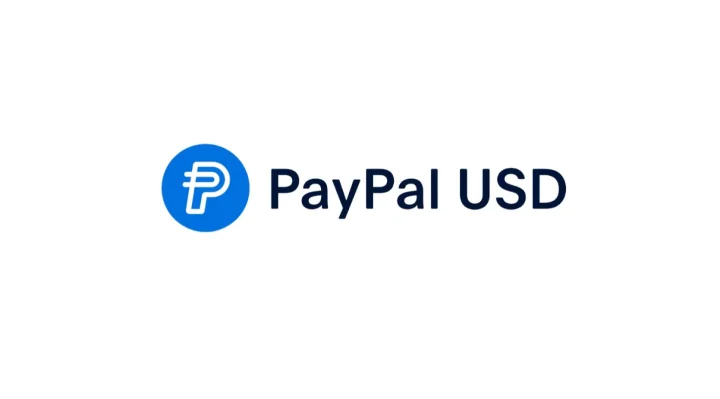In the words of Dan Schulman, CEO of PayPal, “The shift toward digital currencies requires a stable instrument that is both digitally native and easily connected to fiat currency like the U.S. dollar.”
Fintech giant PayPal announced its plans to launch a new stablecoin, PayPal USD (PYUSD), on the Ethereum blockchain to bridge the gap between fiat and Web3 markets.
Today, we’re unveiling a new stablecoin, PayPal USD (PYUSD). It’s designed for payments and is backed by highly liquid and secure assets. Starting today and rolling out in the next few weeks, you’ll be able to buy, sell, hold and transfer PYUSD. Learn more https://t.co/53RRBhmNHx pic.twitter.com/53ur2KmjU7
— PayPal (@PayPal) August 7, 2023
In the press release, PayPal revealed that PYUSD’s reserves are backed by USD deposits, US Treasuries, and similar fiat assets. As its name suggests, PYUSD is pegged to the US Dollar (USD), and is issued by Paxos Trust Company, the company responsible for minting Binance USD (BUSD) until February 2023.
Starting September 2023, PayPal will publish monthly reports on PayPal USD’s reserves along with third-party attestation records on the value of the stablecoin’s reserve assets. PayPal also highlighted that the firm secured a BitLicense from the New York State Department of Financial Services (NYDFS) in June 2022.
Get Our Free Newsletter
Subscribe to our newsletter to get tips, our favorite services, and the best deals on Bitcompare-approved picks sent to your inbox
With the release of PYUSD, PayPal now supports five cryptocurrencies, including Bitcoin (BTC), Bitcoin Cash (BCH), Ethereum (ETH), and Litecoin (LTC). PayPal claimed that eligible clients residing in the US can transfer their PYUSD assets to other US-based users without paying any transaction fees. Unfortunately, PayPal USD and its associated services will not be available for clients who reside in Hawaii.
Written by

Ayush Pande
Ayush Pande is a hardware, gaming, and crypto writer based in India. He's a tech enthusiast who's fascinated by the potential of blockchain technology.
Connect with Ayush on LinkedIn







